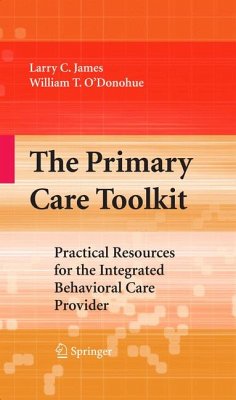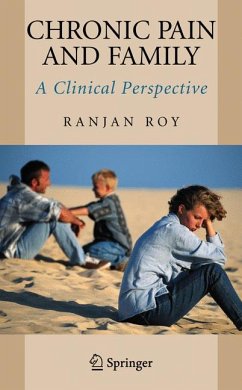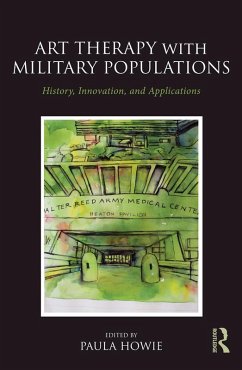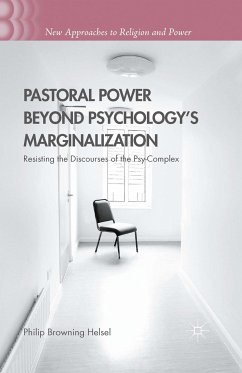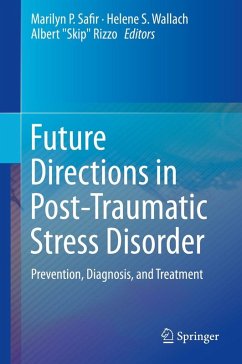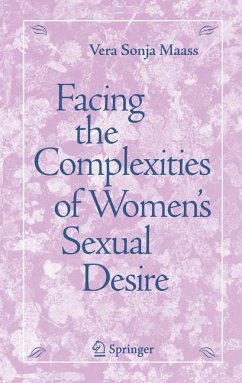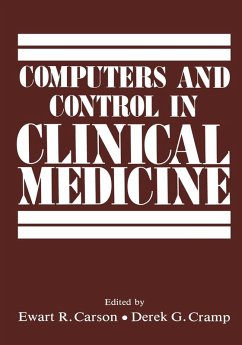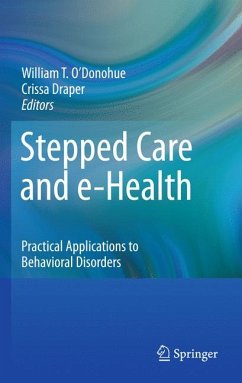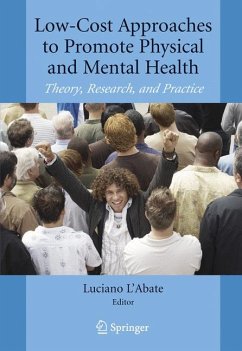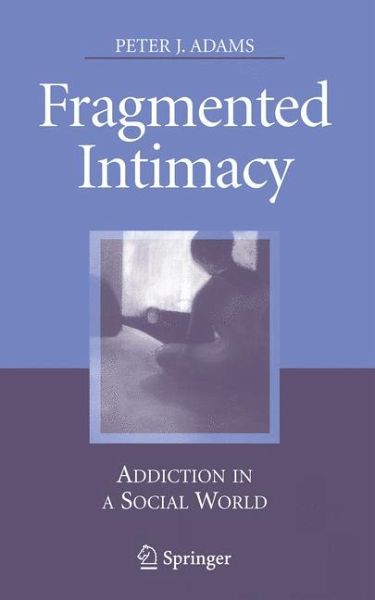
Fragmented Intimacy (eBook, PDF)
Addiction in a Social World
Versandkostenfrei!
Sofort per Download lieferbar
40,95 €
inkl. MwSt.
Weitere Ausgaben:

PAYBACK Punkte
20 °P sammeln!
Here is the first major work that examines the benefits of applying social understanding to addiction. Traditional approaches have been dominated by what the book labels "particle" perspectives, in which treatment focuses on the person experiencing the addiction. Despite decades of research, particle-based approaches have yielded marginal results in reducing addiction. The author demonstrates how a social perspective shifts the paradigm from viewing a person in terms of particles to viewing a person in terms of relationships. This reorientation creates promising new opportunities for intervent...
Here is the first major work that examines the benefits of applying social understanding to addiction. Traditional approaches have been dominated by what the book labels "particle" perspectives, in which treatment focuses on the person experiencing the addiction. Despite decades of research, particle-based approaches have yielded marginal results in reducing addiction. The author demonstrates how a social perspective shifts the paradigm from viewing a person in terms of particles to viewing a person in terms of relationships. This reorientation creates promising new opportunities for intervention. The book discusses recent advances in theories on community capacity building, resilience, and social ecology alongside their practical applications for psychologists, addiction counselors, and social workers. Written in an accessible and engaging style, the book features numerous vignettes, key points, and illustrations that demonstrate the relevance of content to addiction intervention.
Dieser Download kann aus rechtlichen Gründen nur mit Rechnungsadresse in A, B, BG, CY, CZ, D, DK, EW, E, FIN, F, GR, HR, H, IRL, I, LT, L, LR, M, NL, PL, P, R, S, SLO, SK ausgeliefert werden.




